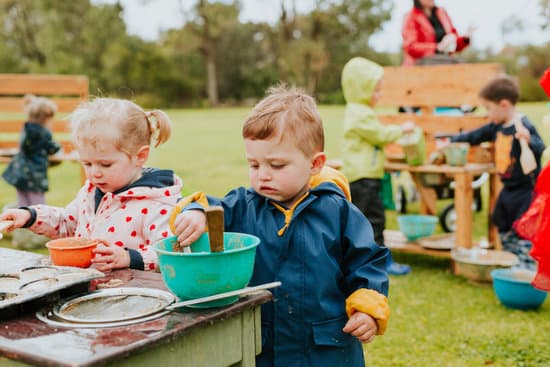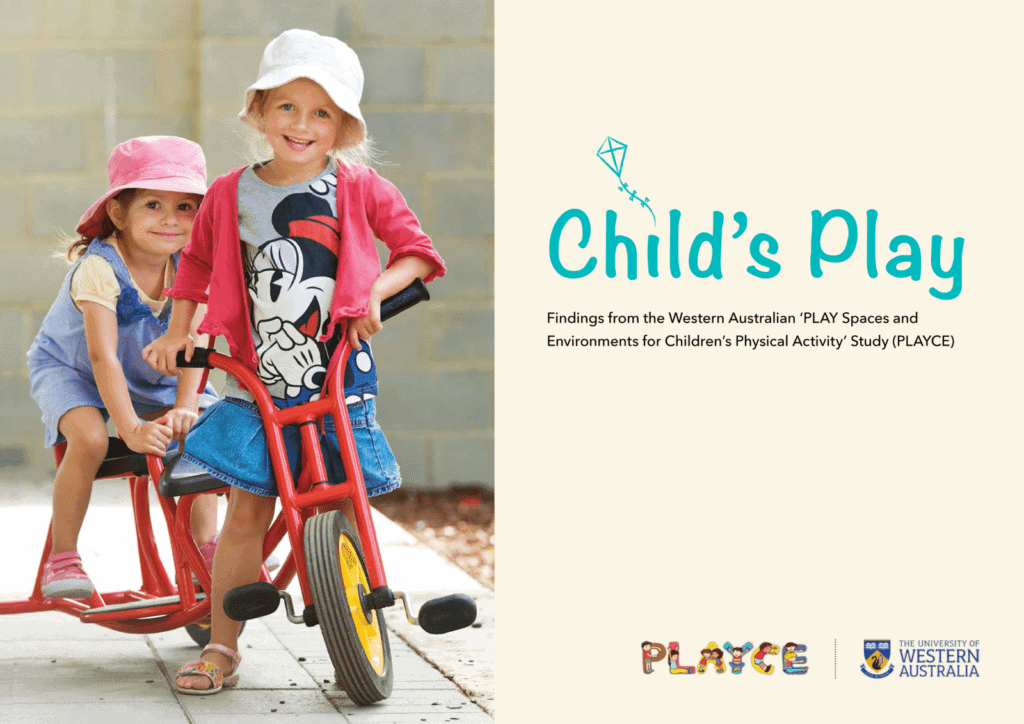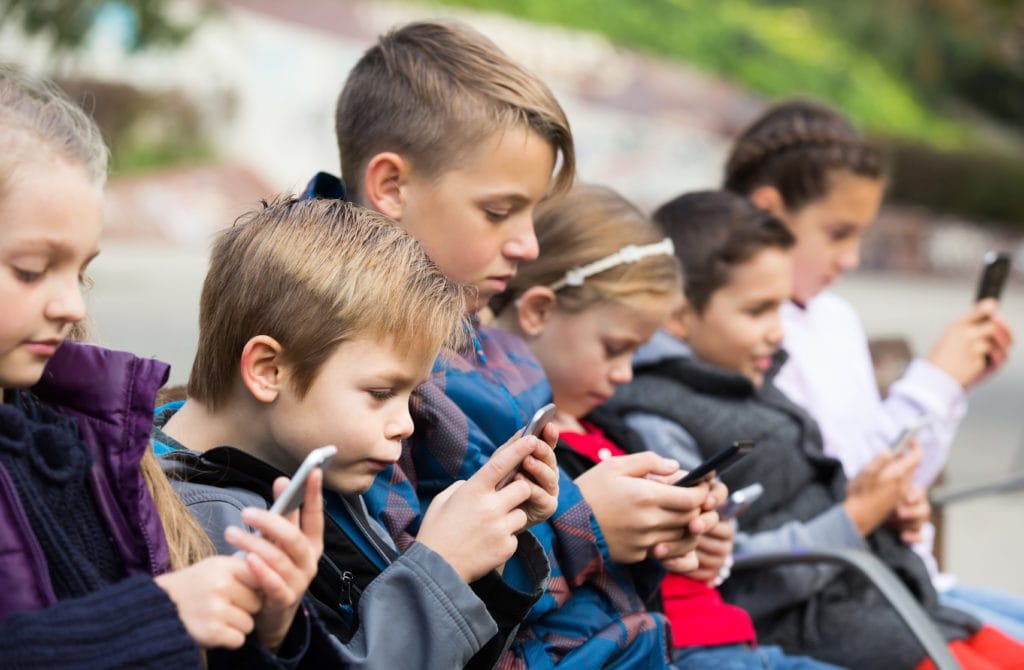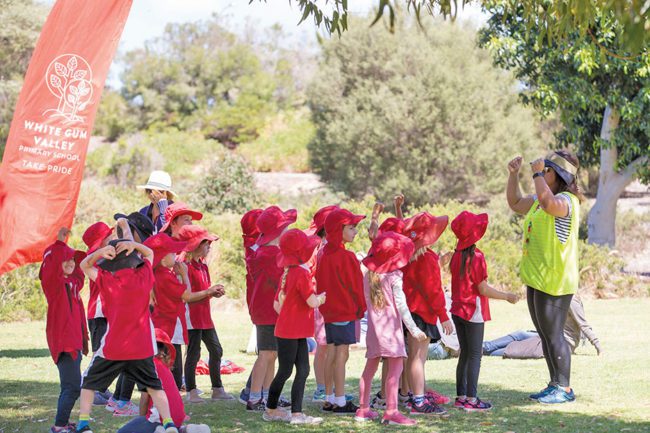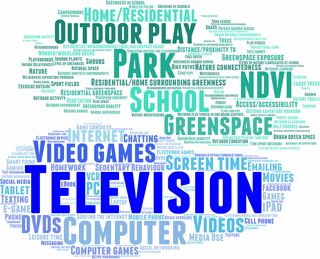Early childhood educator perceptions of risky play in an outdoor loose parts intervention
The integration of loose parts, or open-ended, unstructured materials, into play environments, has been associated with positive social behaviours, creativity, and improved problem-solving, confidence, and resilience.

